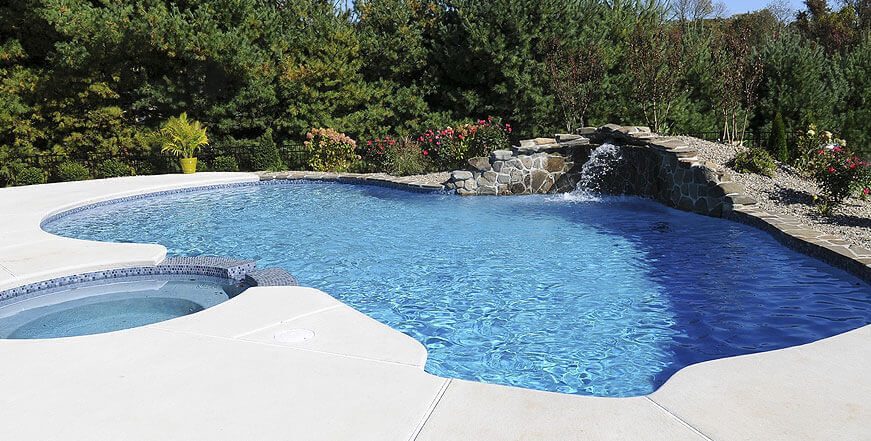Pool Services
working time:
Office Work time:
9:00 AM – 6:00 PM / 6 Days
Our address:
P.O.Box 12022, PALM DESERT,
PALM DESERT, CA 92255
PALM DESERT, CA 92255
Call us:
+1 760 469 6924

Pool Resurfacing
There are actually many interior pool surfaces used throughout the world. The three most common, and the three we recommend you consider, are plaster, "quartz" and pebble. Quartz and pebble surfaces were developed as solutions to the shortcomings of plaster. And they are. However, neither is perfect and, like most improvements, they cost more than plaster. Here's how they compare, so you can make up your own mind. . .Plaster

Plaster is still the most common interior pool surface (although it's not the best). People like plaster because they're familiar with it and it's the least expensive of the three pool surfaces.
Most traditional plaster is white cement mixed with limestone or marble sand. By its nature, plaster has certain limitations.
Its porous surface is the most susceptible of the three to staining, bacteria growth and breakdown by the chemicals you add. Because plaster constantly reacts to water and chemicals, plaster pools "use" more chemicals to maintain a balanced water chemistry. And plaster doesn't typically last as long as the other two surfaces (for these reasons).
You can expect a new plaster surface to give you 7 to 10 years of good service with proper care.
Quartz

A quartz interior pool surface is actually a plaster surface with quartz aggregate mixed in. There are two benefits with quartz: First, quartz is a very hard material. And because a percentage of your pool interior surface is now covered with a hard, non-porous, stain-resistant material - quartz - you have a more stain-resistant, more durable and longer-lasting surface than plaster alone.
Second, people like quartz because you can introduce colors into your pool interior with it. We use 3M Colorquartz in our quartz pools, generally regarded as the best color quartz available. People choose quartz for beauty (colors) and durability. Quartz is an "7" on the hardness scale compared to marble sand (what it replaces) at a "3" (diamond is "10"). Quartz costs about 50% more than traditional plaster. You can expect a new quartz surface to give you 10 to 15 years of good service with proper care.
